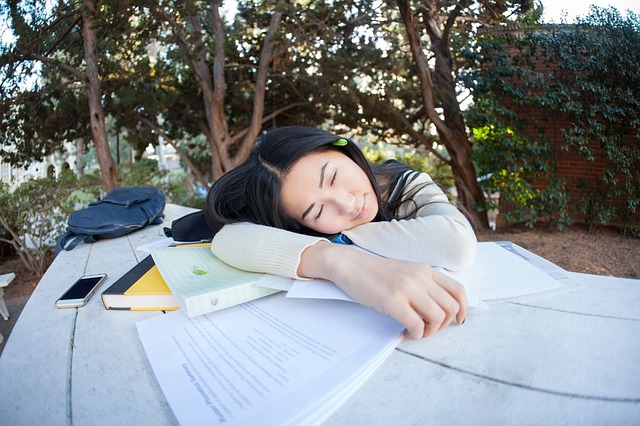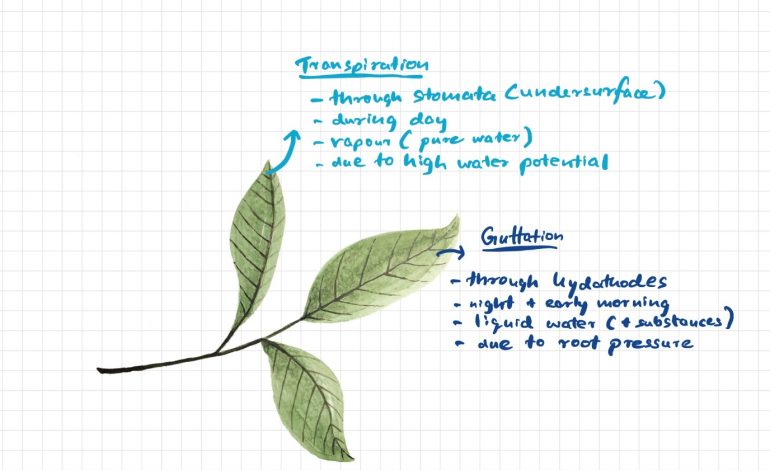GCSEs are essential for all teenagers who want a successful future. They are more than just a status symbol, but a sure-fire way to get the right job, to go to the right university, and to become successful in your adult life. But the thing is, at some point, they might interfere with everything else you want to do with your life: Stop you from going out partying or house parties; stop you from associating with your friends or spending quality time with your family. And that’s where you need to find a balance and keep studying without stopping living.

Schoolwork can take its toll on any student, but the GCSEs in the UK definitely take it to a new level. High school students are being forced to look for all possible ways to keep up with their lectures, teachers’ comments, and homework. And as a result of this, many of them often sacrifice sleep, and health, in order to complete all tasks. But what do sleep scientists have to say about the relationship between sleep and studying? Can you really use missing out on sleep as a study method? What does science say about how many hours should we be studying each day?
When revising for the GCSEs, or any exam for that matter, there is always a common debate between; should I revise FIVE TIMES a week or concentrate on working a bit more each time?
Do you ever lie awake worrying about how many hours of sleep you get and how much revision you need to do? If so, read on for some tips on how to get better grades.
One way to answer this question is to start with a quick look at sleep patterns in our species. When we lived in small, nomadic hunter-gatherer groups we slept when it was dark and were awake when there was light. We experienced many periods of daylight – which we associated with danger – but also a few hours of darkness every day. This phenomena kept us alive for thousands and thousands of years.
On average, a good night’s sleep can restore the body and mind to basic functioning levels.
The quality of your sleep is directly related to the quality of your waking experience
This is virtually impossible to quantify since we cannot measure ‘quality’ in a quantitative sense. It would be too subjective an assessment to measure whether or not your particular waking experience is of higher quality than another’s, but there are some generally agreed-upon spatial extensions that result from good, restful sleep. These are mostly improvements in attention, focus, and motivation (to mention a few) which are all obviously beneficial for study.

Several studies show that sleep is necessary for memory consolidation and essential for students to maximize their educational performance. However, teenagers are more likely than children to have irregular bedtimes, have a higher tolerance of sleep deprivation, and be more prone to sleep disorders.
Sleep and revision for GCSE good grades
When it comes to achieving GCSE grades, it seems that sleep is just as important as revision. When is enough sleep? How much of sleep should you be targeting? Should you be going to bed early or staying up late? The answers to these questions are not straightforward, seeing as individual needs vary so much.
Good health is very important in both our personal and professional lives. It’s a key factor in being successful at our studies and enjoying the activities we enjoy.


